Silfab Solar has signed an agreement with SolarCycle to purchase ultra-low carbon domestic glass for its U.S.-made solar panels.
SolarCycle recently announced plans to build a first-of-its-kind factory in Georgia to make new solar glass using recycled materials from retired solar panels. The planned SolarCycle glass facility is about 300 miles from Silfab Solar’s newest factory in South Carolina that will soon add 1 GW of America-made cell production and another 1.3 GW of module production.
“SolarCycle is an ideal partner because of its demonstrated success and innovative processes that already have made Silfab a more sustainable operation. Utilizing American-produced glass in our PV modules further meets the county’s demands for USA content in made-in-America clean energy products and creates additional U.S. jobs,” said Paolo Maccario, Silfab President and CEO.
By purchasing SolarCycle’s domestically made glass, the companies claim they are reducing the climate impacts created during manufacturing by over 30% and from shipping by more than 50%.
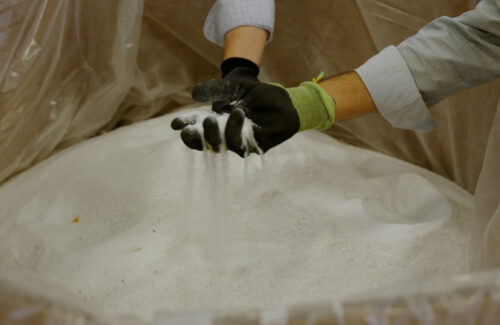
Crushed glass from a recycled solar panel, ready for reuse in new products at SolarCycle’s recycling facility in Odessa, Texas.
“We are pleased to announce Silfab as anchor customer for our ultra-low carbon domestic glass made in America from recycled solar panels,” said Suvi Sharma, SolarCycle co-founder and CEO. “This marks a significant step in securing an integrated and reliable supply chain for solar made in America. We are grateful to Silfab for modeling leadership within the industry with their deep commitment to advancing sustainability and emissions reductions in the clean energy sector.”
Among its many sustainability initiatives, Silfab sends older or under-performing modules to SolarCycle for recycling. In addition to this, Silfab also recycles materials left over from the production process.
“Delivering clean energy in North America means producing the highest-performing and most durable solar modules under the strongest environmental and social responsibility standards,” said Ted Ferguson, Silfab’s Director of Sustainability. “Sustainability has been embedded in Silfab’s values and operations since the company’s inception more than 40 years ago.”

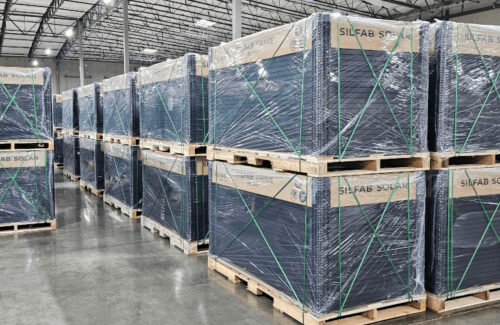
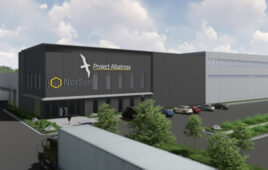
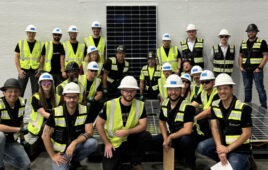
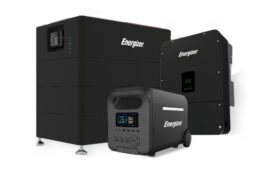
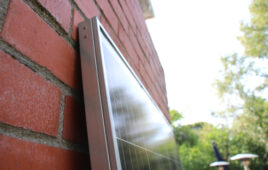
Tell Us What You Think!